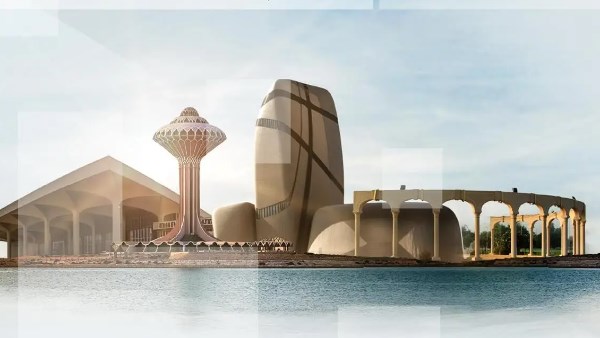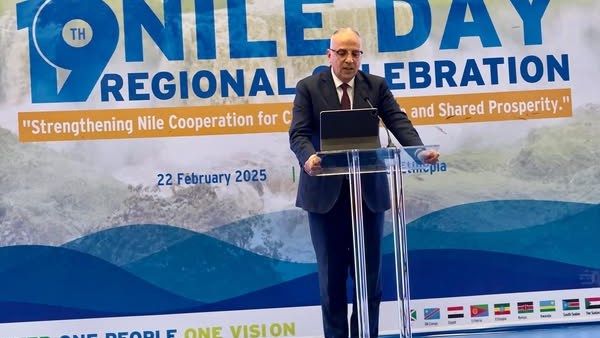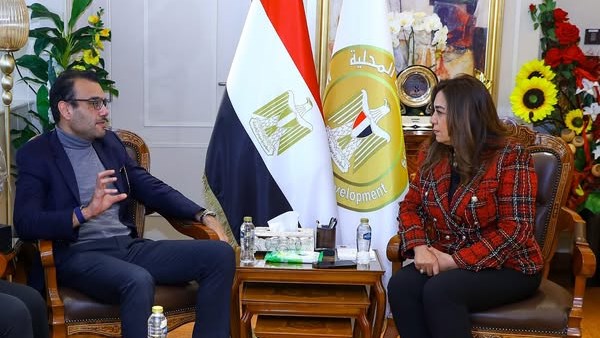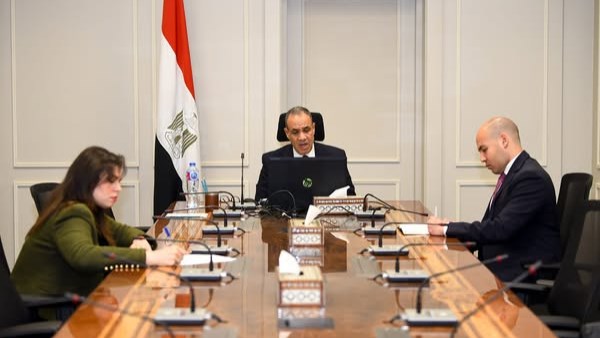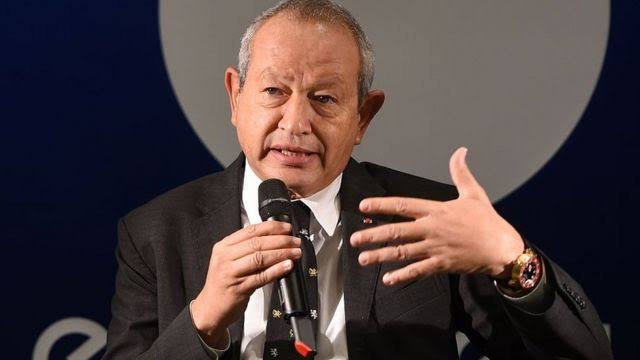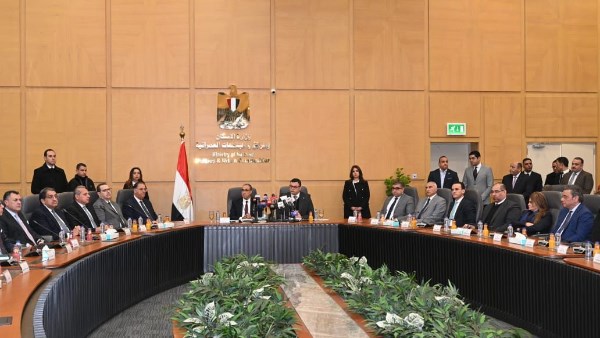Iran’s government has faced criticism for years from ordinary Iranians
Iran Takes First Steps Toward Easing Its Broad Social Media Bans

Iran said it will start easing some of the world’s tightest internet restrictions by lifting its ban on WhatsApp and Google Play — a sign that authorities want to placate domestic opponents as the Islamic Republic faces major economic and foreign-policy challenges.
Earlier on Tuesday, Iran’s Supreme Council of Cyberspace approved the lifting of blocks on “certain widely used foreign platforms” according to the state-run Islamic Republic News Agency, which named WhatsApp and Google Play as the first two applications to be unblocked.
Since the 2009 protests against the reelection of hardliner Mahmoud Ahmadinejad, social media networks including Facebook, X and YouTube have been banned or restricted by authorities who’ve blamed them for facilitating protests and fomenting opposition to the state.
Iran’s government has faced criticism for years from ordinary Iranians, Western governments, the United Nations and political activists for its draconian attitude toward the internet. Officials — most of whom use banned social media sites to run their own public-facing accounts — often fail to deliver on promises to reduce censorship. Instead, it’s increased significantly over the past 10 years.
It’s not clear when Tuesday’s decision will come into effect. IRNA said it was reached by a unanimous vote at a council meeting attended by the head of the judiciary and reformist President Masoud Pezeshkian who’d pledged to relax internet freedoms for Iranians when he was elected in July.
A standoff with Israel
The move comes as the Islamic Republic, already widely unpopular at home following a nationwide 2022 uprising that was brutally suppressed, is locked in a standoff with Israel for supporting Hamas in Gaza and Hezbollah in Lebanon.
Both groups — designated as terrorist organizations by the US and its allies — have been crippled by Israel’s military response to the October 2023 attacks by Hamas. The ouster of Bashar al-Assad in Syria has also upended Iran’s foreign policy at a time when it’s struggling to keep the lights on for industry and households amid a major fuel and natural-gas crisis.
“The process of lifting cyberspace restrictions will be multistaged and ongoing, and it won’t be limited to the removal of restrictions on one or a few platforms,” IRNA said.
Complete internet blackouts have often been imposed on Iranians, including during protests in November 2019 and the 2022 nationwide uprising, which prompted the US government at the time to ease restrictions on internet services to Iran, such as Elon Musk’s Starlink.
The Washington-based Freedom House said Iran was among the three least free countries in the world in terms of internet access — after China and Myanmar — in its annual “Internet Freedom Scores” ranking.












